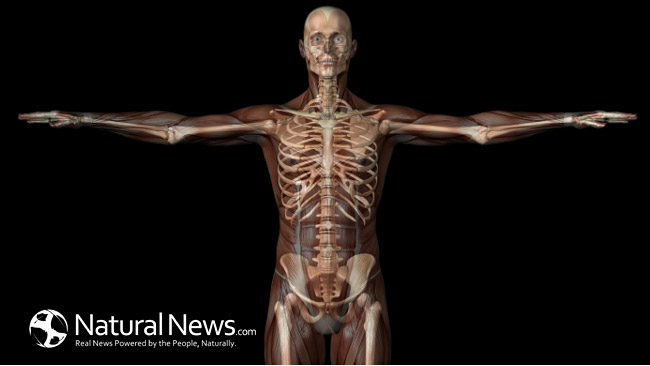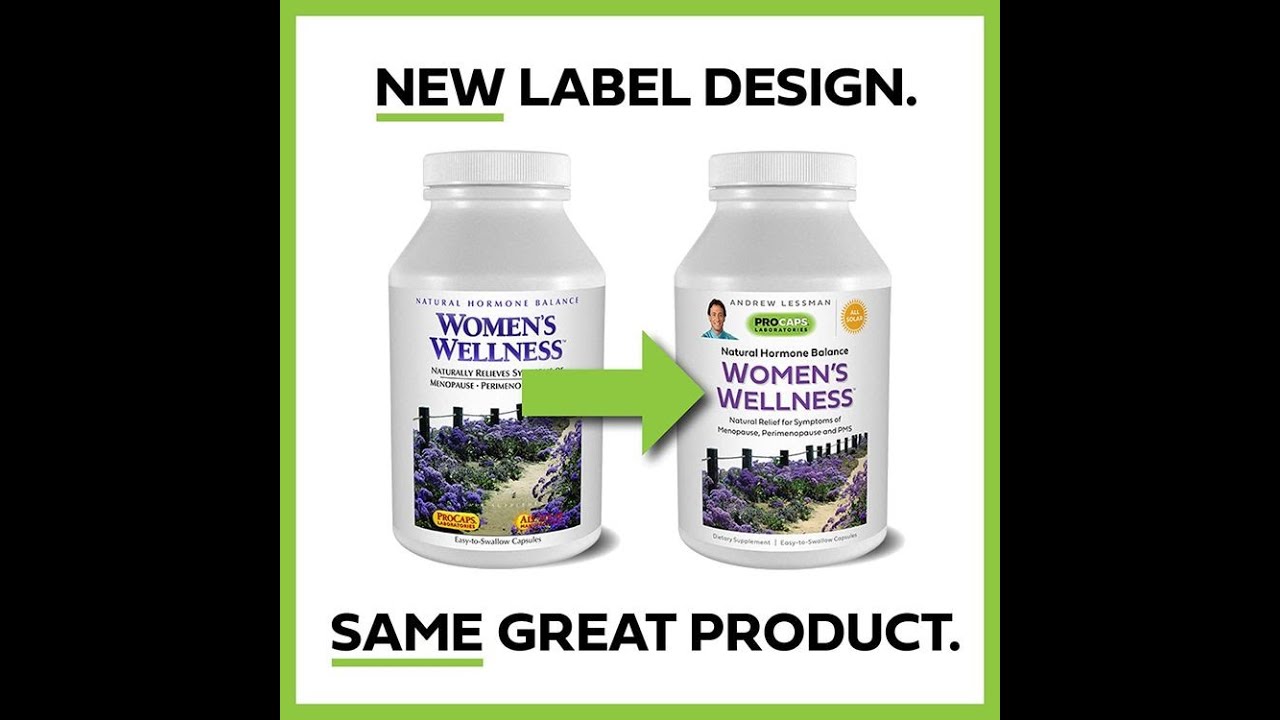Just below the rib cage, towards the middle of the back, sit the kidneys. They’re bean shaped and about the size of the fist. Kidneys are processors. They collect “trash” which involves processing about 200 quarts of blood and disposing of about 2 quarts of waste products and extra water every single day. That waste and extra water is our urine. The bladder will store this urine until we use the bathroom.
Our blood accumulates waste from the food we eat and the breakdown of muscle that we are using. If the kidneys don’t remove this waist, then it will accumulate in the blood. Nephrons are the teeny tiny units the kidneys use to filter what we need and what we need to get rid of. We have millions of them working every second. Balance is the key. The job of the kidneys is to make sure we have the right levels of potassium, phosphorus, and sodium. When the body has too much, harm may occur.
There are 3 critical hormones the kidney releases. The first is renin, which regulates blood pressure. Second, Vitamin D is released which helps our body’s bone health with calcium. Finally, Erythropoietin (EPO) is released, which stimulates the production of red blood cells for our bones.
We have 2 kidneys, but some people are actually born with just one. Some people with just one kidney are able to lead healthy lives without complications. However, others have to receive donations of a kidney from a family member or friend when problems do arise. This all has to do with renal function. When you have 2 kidneys, you have 100% renal function, and one operates at 50%. However, if renal function is at 20% or less, serious health problems can arise. When functioning is at 10-15%, dialysis is usually needed. When the kidneys start to fail, the nephrons are being attacked and filtering is altered. Most times the nephrons are destroyed slowly and silently. The most common kidney diseases are diabetes and high blood pressure (yes these are considered kidney diseases). Diabetes is when sugar is accumulating in the blood instead of being broken down and this is like poison to the nephrons. Having high blood pressure can damage the blood vessels in the kidneys, which disrupts the filtering process.
Kidney stones can occur when urine contains high levels of calcium, oxalate, and uric acid. Together, they form crystals (stones) which can be quite painful to pass. Sometimes drinking water in excess can help them pass, other times, infection can occur and surgery might be needed. Most kidney stones are calcium stones in the form of oxalate which is found in many foods and is a substance that our liver produces daily. Uric acid stones occur in people who don’t drink enough fluid or who drink too much fluid. Uric can also accumulate as the result of a high protein diet or if you have gout.
Our blood lets out body function. The kidneys keep the make up of our blood stable. We need to make sure to drink enough fluid and make sure we have enough electrolytes in our system. Electrolytes include sodium, potassium, and phosphate. It’s important to appreciate and care for every organ they own. Good blood is good health, and those kidneys are the garbage trucks we need to make regular pick-ups and drop offs. So don’t kid around, and make sure giving your body the care it needs to best function.
Your Kidneys & How They Work – NIDDK (nih.gov)
Kidney Basics | National Kidney Foundation
Kidneys: Anatomy, Function, Health & Conditions (clevelandclinic.org)



